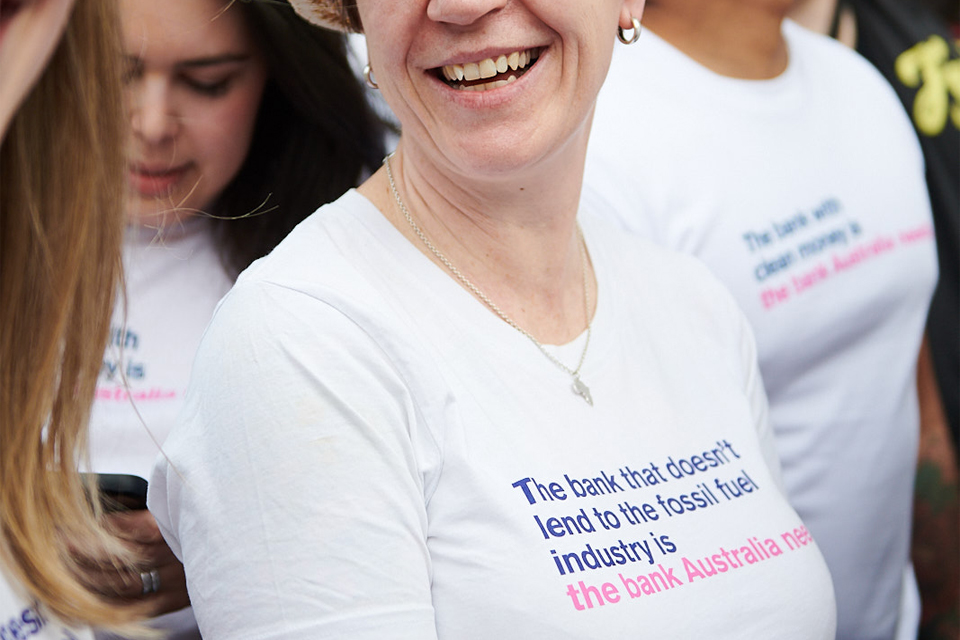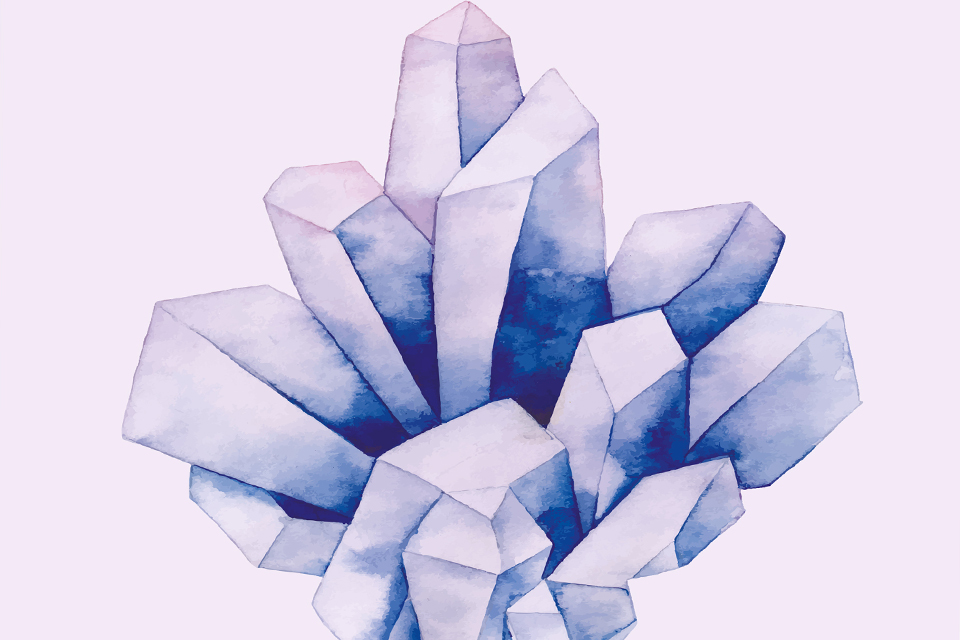Q: What role does mindfulness play in banking?
A: Reflecting on how your money moves through the world, including where you choose to bank, is being mindful that your choices can make a difference. For your own financial wellbeing, yes, but it can also make a difference because your bank uses your money to invest in and support businesses and industries to grow. Some of these industries are harming people and the planet while others are shaping the next economy with a focus on a more sustainable future. You have a choice to really think about and act on what your money does.
Q: How does Bank Australia focus on the financial wellbeing of their clients?
A: Our customers own the bank so they are the most important people to us. We work hard to look after our customers by helping them to bank in a way that suits them, and we go out of our way to find ways they can meet their goals. For example, if someone applies for a loan but they don’t have a good savings history or enough of a deposit, we will help them set up a savings plan so that in say six months’ time, they will be eligible for the loan. We also don’t lend customers more than they can afford to repay, as it’s so important to financial wellbeing that people are not stretched to repay their loans. At the moment, of course, we’re also working closely with a group of customers whose jobs or income have been impacted by the COVID-19 pandemic to support them through this really difficult time.
Q: What does “clean money” mean?
A: Clean money is money that is doing good in the world rather than harm. It’s a term that’s being used to describe the shift of funds — in banks, superannuation and investments — from old-world industries to forward-looking, sustainable industries, and it’s happening across the world. In our case, we’ve determined that we will not lend our customers’ money to industries like fossil fuels, gambling, armaments and intensive farming and live animal export because the evidence shows that on balance these industries are creating more harm than positive impact. Instead, we choose to invest in housing for people living with a disability and renewable energy, as well as sustainably designed and affordable housing projects.
Q: What role does localism play in finances?
A: Many people are rethinking where their food, clothes and other everyday items are coming from and we know that transportation is a significant contributor to carbon emissions because much of it is still fossil fuel-powered. As a result, there is a trend to localism as we look closer to home to support businesses that can provide us with what we need and avoid large global supply chains. It’s not conclusive, but early indications are that we will see this accelerate in the post-COVID-19 world.
Q: How does Bank Australia support sustainable and regenerative practices?
A: We’ve been focused for a long time on making sure our operations are as sustainable as possible. We’ve been carbon-neutral since 2011 and reached our goal of using100 per cent renewable electricity a year ahead of our commitment in 2019. There’s always more to do and we’re currently looking at setting some new waste-and energy-reduction targets. Through 10 years of our Conservation Reserve project in Victoria, we’ve regenerated almost 1000 hectares of bushland that is home to a number of endangered species. We’ve also been able to allocate an equivalent area of land into the Reserve for all the new home builds that we finance, protecting this land for conservation forever.
Q: How can readers of Being align their banking with their values?
A: Go to MarketForces online and check what your bank invests in. See how that sits with you, and if it feels values-aligned. If not, Market Forces also has impartial information on banks that don’t invest in harmful industries — and take it from there. You can also check out Don’t Bank the Bomb, which tracks which banks are invested in the nuclear weapons industry and, again, take it from there.
For more information about Bank Australia and the clean money movement, visit bankaust.com.au/cleanmoney.




